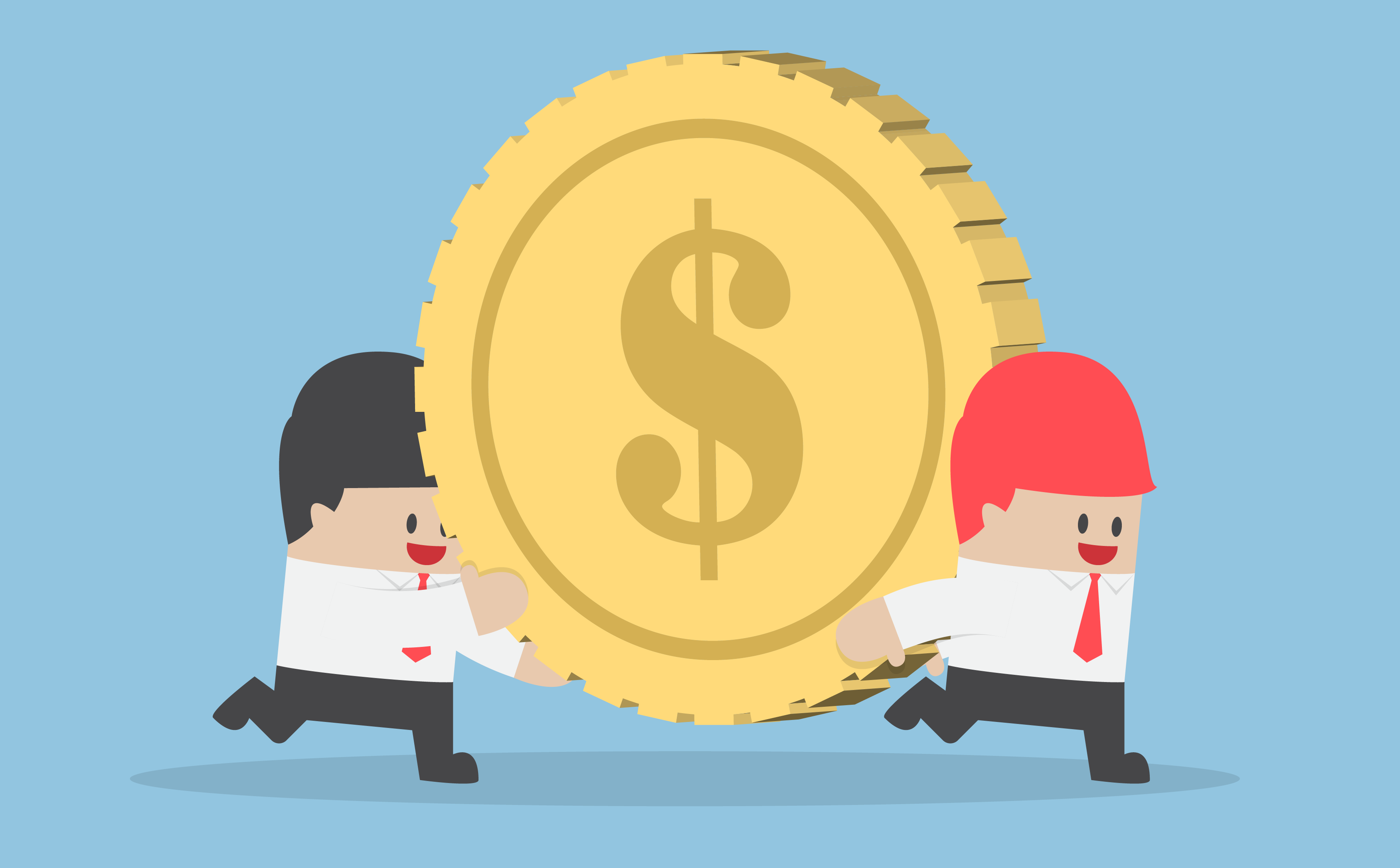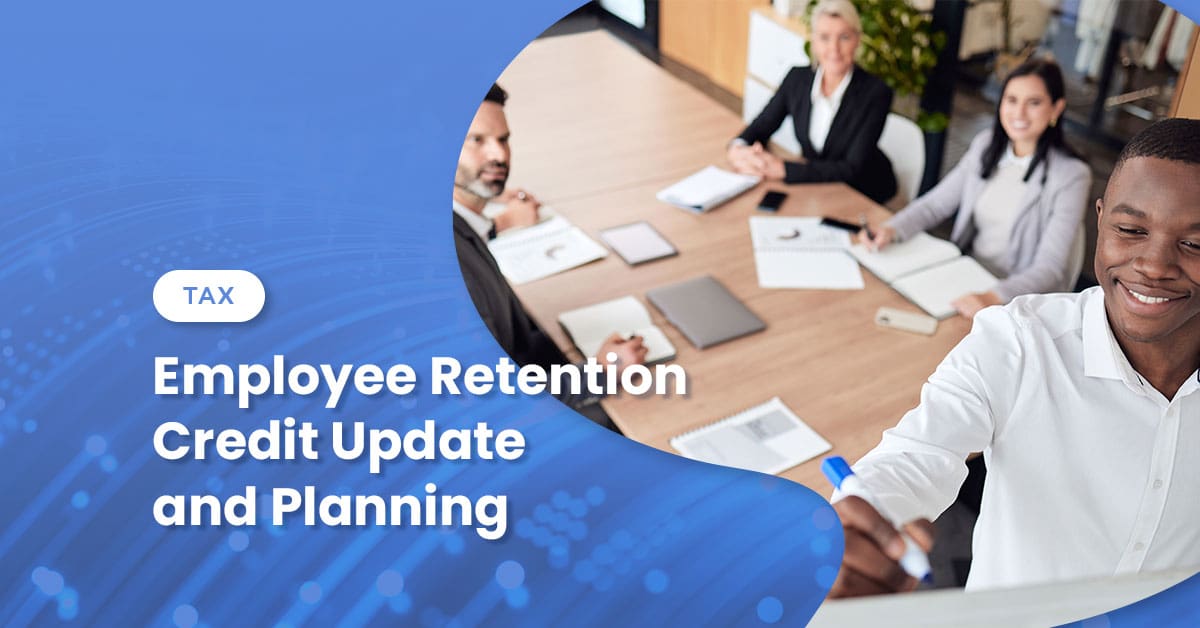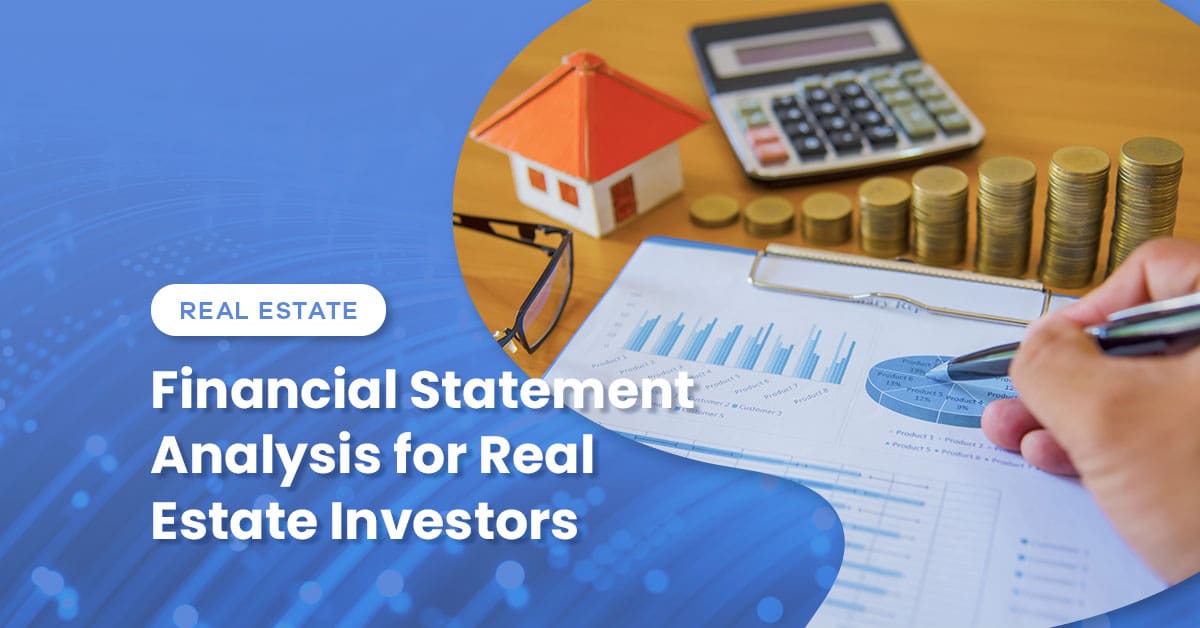Not all work performed on a property is created equal in the eyes of the tax collector. Some improvements fall into the realm of capital improvement, while others are considered repairs, and still others are maintenance services.
Because New Jersey sales tax rules differ based on the type of work performed, it is important to understand the classifications to avoid paying too much or too little in taxes. Here’s what you need to know.
Is labor taxable in NJ?
A common question for contractors and property owners alike is, “Is labor taxable in New Jersey?” The answer depends on the type of work being performed:
The general rule is that charges for labor are subject to sales tax when the labor is part of the sale of tangible personal property or a taxable service. However, certain types of labor are exempt from sales tax if they are related to capital improvements.
Contractors must register with the State of New Jersey for tax purposes and ensure they collect sales tax on taxable labor services. For further details, refer to Tax Topic Bulletin S&U-3, Contractors and New Jersey Taxes.
What work is exempt from NJ sales tax?
For owners of real property—land or buildings and any property permanently attached to the land and/or buildings—certain types of purchases of tangible personal property (items that have physical mass and can be touched) or certain capital improvements are exempt. Capital improvements include the installation of tangible property that increases the value or the useful life of the real property.
Examples of tax-exempt improvements are new driveways, new central air conditioning units, new fences, in-ground swimming pools, fireplaces and underground water sprinklers, new heating systems, new electrical outlets, new doors, new roofs, and new decks.
What is not exempt from NJ sales tax?
Under the tax code, there is a difference between improvement and upkeep. Services not exempt from sales tax include landscaping services, installation of carpet or flooring and installation of alarm or security systems.
Repairs, such as fixing loose patio tiles, a leaky roof, or faulty plumbing, also fall into the nonexempt category because they merely maintain the existing value of the property, as opposed to increasing its total value.
How does this impact contractors?
Unless contractors are working for an exempt organization, such as certain nonprofits or the state of New Jersey or its agencies or political subdivisions, they must pay sales tax to the material suppliers and also pay on any taxable services. Should a contractor purchase materials tax-free or at a reduced tax rate in another state for use in New Jersey, they must pay a use tax—representing the spread between the New Jersey sales tax rate and the lower sales tax rate in the state in which the materials were purchased. If a New Jersey contractor is purchasing materials for use in another state, we advise our clients to have the materials delivered directly to the out-of-state job site. Once the materials are delivered in the state of New Jersey, they are subject to New Jersey sales or use tax.
Read more: Do You Qualify for the New Jersey PILOT Program?
Finally, obtain the proper certificates and keep all documentation related to tax exemptions. Contractors must have proper documentation in the event of a New Jersey sales tax audit. Contractors receive an ST-5 certificate if they are working for an exempt organization or an ST-8 if working on an exempt capital improvement project for a property owner. In addition, the contractor provides an ST-13 exemption certificate to the material supplier to prove that the contractor is working for an exempt organization and does not have to pay sales tax on materials or services.
If you find yourself facing down a New Jersey sales tax audit, or to gain the peace of mind that you are not paying too little – or too much – sales or use tax, consult with an experienced accountant to make sure your company is complying with state law, especially when it comes to NJ sales tax for contractors.
Frequently asked questions about construction sales tax in New Jersey
Do contractors charge sales tax on labor in NJ?
Yes, contractors generally must charge sales tax on labor in New Jersey when providing taxable services or installing tangible personal property. However, labor on exempt capital improvements is not taxable if documentation is complete.
Not all work performed on a property is created equal in the eyes of the tax collector. Some improvements fall into the realm of capital improvement, while others are considered repairs, and still others are maintenance services.
Because New Jersey sales tax rules differ based on the type of work performed, it is important to understand the classifications to avoid paying too much or too little in taxes. Here’s what you need to know.
Is new construction tax-exempt in New Jersey?
Yes, new construction is typically considered a capital improvement and is exempt from New Jersey sales tax. This includes building a new structure or additions that permanently increase the value of real property. Contractors should collect and retain Form ST-8 to document the tax-exempt status of the project.
Do contractors charge sales tax on materials in NJ?
Contractors must pay sales tax when purchasing materials used in nonexempt work. If the project is tax-exempt, contractors may issue a Form ST-13 to suppliers to purchase materials without paying sales tax, provided proper documentation supports the exemption (e.g., ST-5 or ST-8).
Can you charge sales tax on labor in NJ?
Yes, labor is taxable in many situations, especially for repairs, maintenance, or installations that are not capital improvements. Contractors should evaluate the nature of the work and collect applicable sales tax accordingly.

 Previous
Previous






